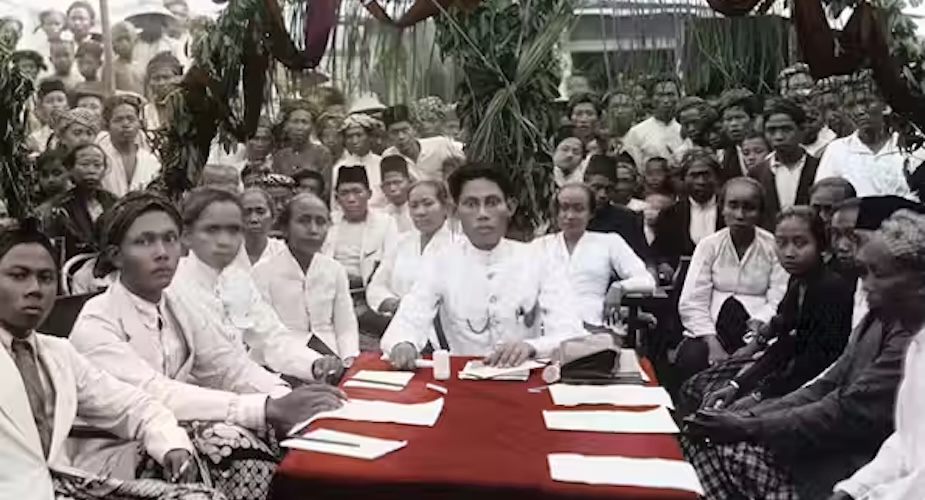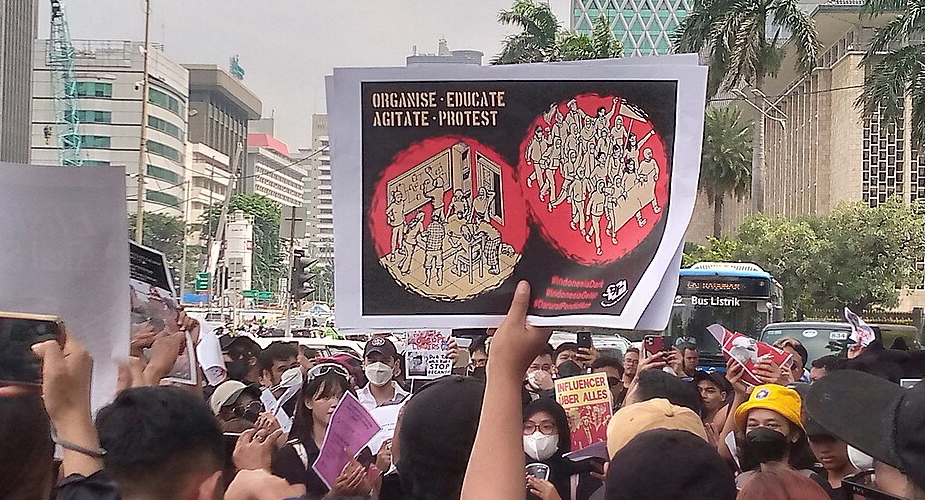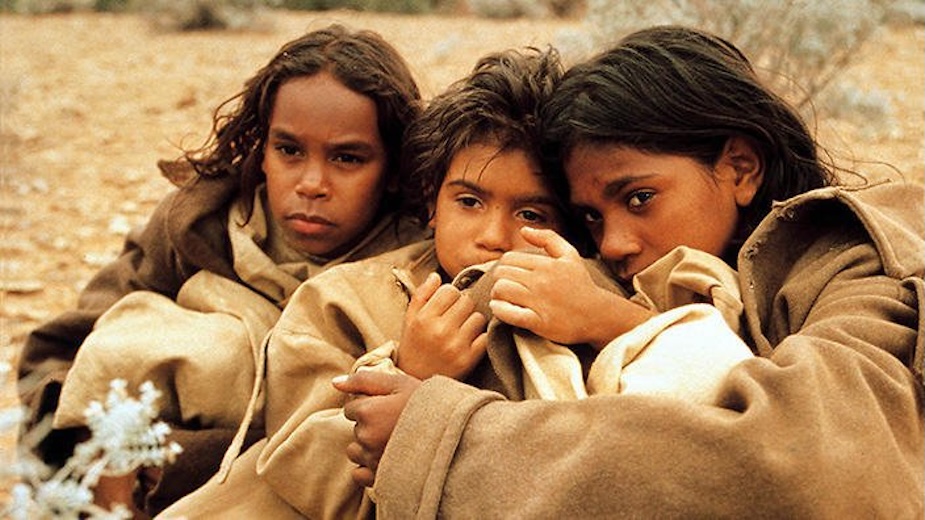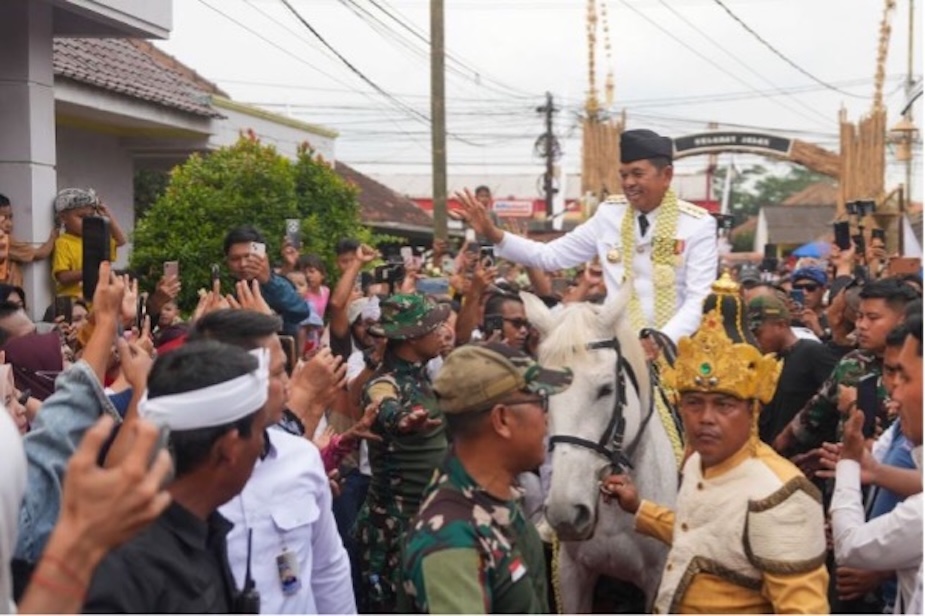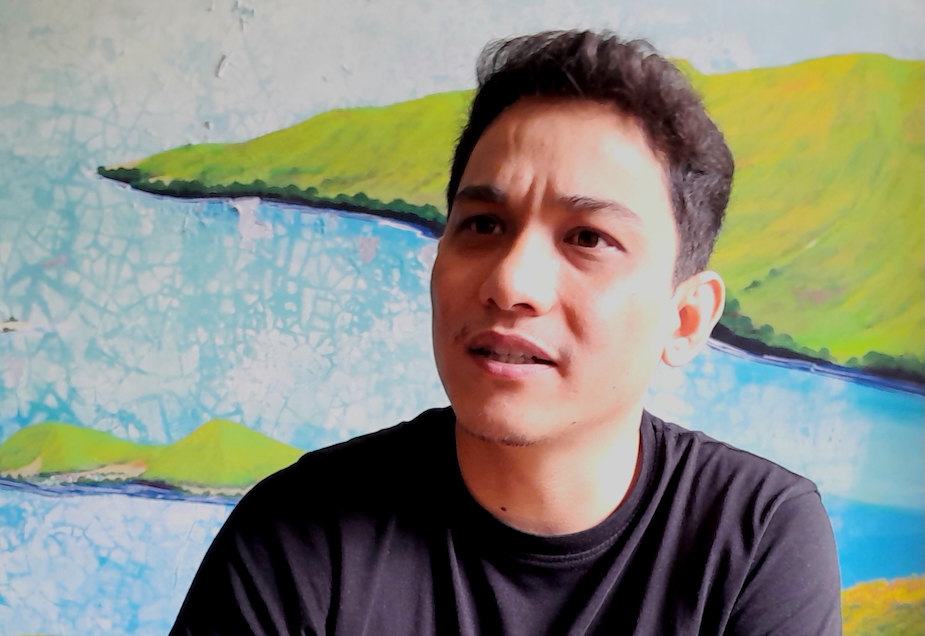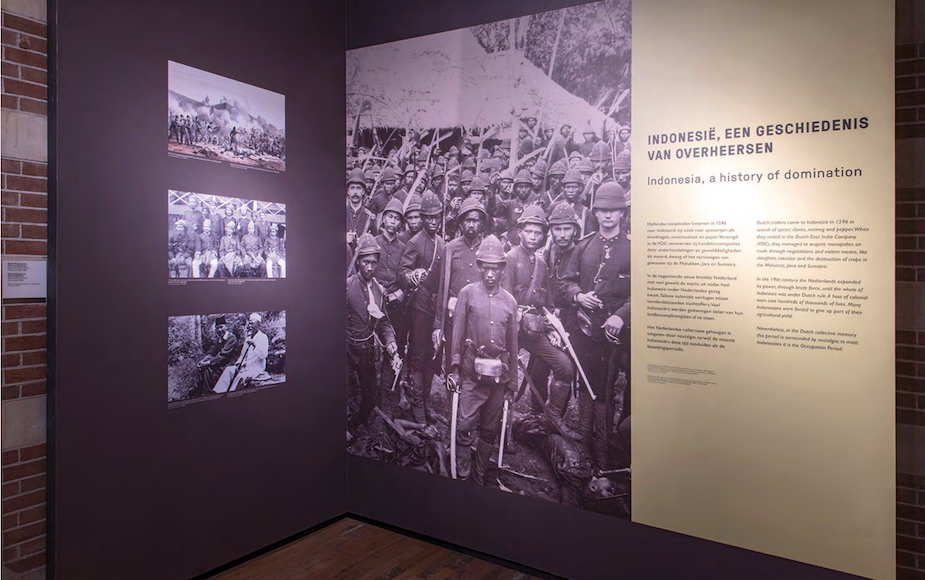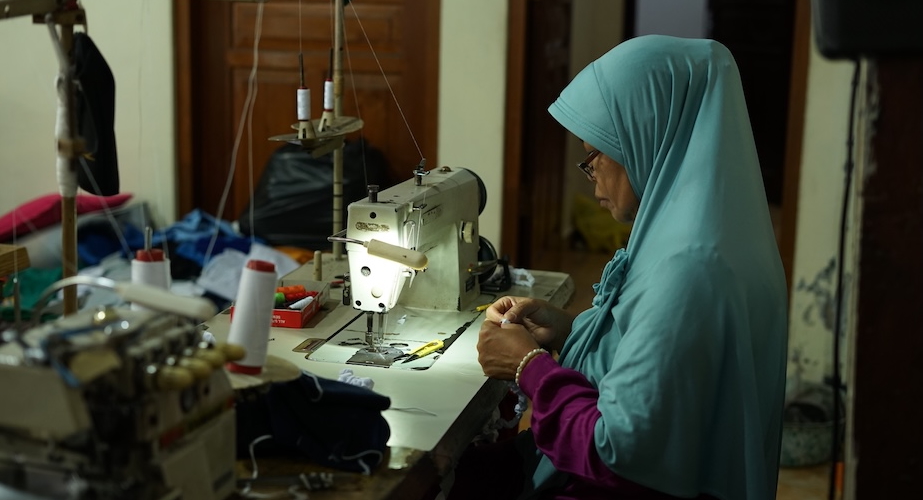In South Kalimantan local politicians target TV screens with strategically-placed messages for Ramadan
Ahmad Muhajir
The mayor of Banjarmasin wishes everyone the best as they break the fastAhmad Muhajir |
A few minutes before Magrib, the time of day when Muslims break their fast during the month of Ramadan, local television in South Kalimantan broadcasts daily advertisements featuring a cross section of the province’s top politicians. No less than the governor, his deputy, the mayor of the provincial capital Banjarmasin, two high profile district heads, one Banjarese member of President Yudhoyono’s cabinet, and the head of major political party all line up for the chance to appear on the province’s TV screens. On the surface, these advertisements consist of purely religious statements. However on a deeper level they carry political messages that are closely connected to up-coming local elections. And it’s not something that happens only in South Kalimantan.
The thirty to sixty second advertisements take the form of ‘Ramadan messages’. They have three things in common. First, the Islamic greeting ‘assalamu’alaikum wa rahmatullahi wa barakatuh’ opens and closes each of the broadcasts. Second, the advertisements identify the TV star politicians through digital texts spelling out their names and positions for viewers. In most cases, each of the politicians restates this information in his spoken message. Third, there is a congratulatory statement for Muslims practising the obligatory fast, along with the expressed hope that their act of devotion will be acceptable to God. However within this overall pattern, differences in style and presentation emerge.
Whatever political platform and agenda they espouse, politicians feel it necessary to present themselves as good Muslims
Some politicians are livelier and more engaging than others. Additional images may be inserted into the advertisement, such as those that depict a district head’s initiative in fostering hundreds of orphans, or offer a glimpse into his office complex. Another district head demonstrates his mastery of Arabic by prefacing his Indonesian message with an Arabic introduction. All of them are outdone by the deputy governor, who features in a series of advertisements entitled ‘In the Steps of the Caliph’, which show him visiting a number of sites in Saudi Arabia. In other words, some advertisements are more attractive and informative than others, and are more likely to attract the attention of viewers.
Islamic credentials
At the local level, the demonstration of Islamic credentials has become a political necessity for Muslim politicians. Whatever political platform and agenda they espouse, politicians feel it necessary to present themselves as good Muslims who have performed the hajj pilgrimage, are close to Islamic teachers and attentive to their needs, and are supportive of Islamic prayer houses, schools, and public events and activities sponsored by local Islamic institutions. This behaviour is especially prominent during campaign periods and in areas where Islam is of particular political importance like South Kalimantan.
With 97 per cent of its population professing Islam, South Kalimantan has a history of strong support for Islamic political parties. In the direct gubernatorial elections in 2005 all candidates used Islamic symbols. Although Islamic credentials alone were not enough to hand victory to a candidate – other factors such as a clean reputation, sufficient time and funds for a successful campaign, and the backing of effective political machinery all played their part – they represented an essential ingredient in each candidate’s campaign.
The timing of advertisements is cleverly calculated to reach the maximum viewing audience
The broadcasting of advertisements during Ramadan is part of this recognition of Islam’s strategic importance in areas like South Kalimantan. Their timing – just before buka puasa, or the breaking of the fast – is cleverly calculated to reach the maximum viewing audience. This is because it is common practice for Indonesian Muslims to gather together in private homes, mosques or other community sites while they await the sound of the drum or siren from the mosque that signals the beginning of Magrib. While awaiting the signal, people often sit around their TV sets, reciting holy verses or engaging in small talk. As the time for breaking of the fast approaches, these TV sets are almost always tuned to the local channels, because these channels broadcast the exact local time for buka puasa, not the Jakarta time announced on national TV. It is precisely at this moment – the moment which the Prophet Muhammad likened to the joy of meeting God in the afterlife – that the advertisements appear.
Campaigning and Islam
 |
The deputy governor advertises the Maulid Nabi competition
|
Apart from appearing in buka puasa advertisements, candidates for the 2010 gubernatorial elections in South Kalimantan also figure in a range of other campaign activities specifically geared to the month of Ramadhan. The publicity-hungry deputy governor has sponsored football competitions, a big contest to recite Maulid Nabi (the story of the Prophet Muhammad) in the form of Arabic poems and pop concerts with performers imported from Jakarta for the local youth. He appears on local television on an almost daily basis, either in news programs or in interactive dialogues with viewers. The governor tries to counterbalance his deputy’s campaign by having his picture plastered right up and down a new road under construction, as well as sponsoring smaller events like a song bird competition and using government funds at his disposal to renovate the provincial mosque.
The biggest challenger facing off against both these candidates is the head of the district 3of Tanah Bumbu, the site of the province’s most extensive mining and logging activities. Through large hoardings and street banners in Banjarmasin and other parts of South Kalimantan, he has been promoting his district’s establishment of a ‘palace for orphans’ (Istana Anak Yatim) as a way of establishing his social welfare credentials. With the help of an academic from Lambung Mangkurat University he has instituted a so-called Manajemen Ilahiyyah program (‘a system of management based on God’s commands’).
The publicity-hungry deputy governor has sponsored football competitions, a Maulid contest and pop concerts with performers imported from Jakarta
Intended to inject a religious atmosphere into the working environment in his office, this program requires public servants to recite the Qur’an every morning at the office, perform daily prayers as a congregation, and attend a weekly ‘religious-advice-evening’, without any clear indication of how it contributes to good governance in the region. However many of the local religious teachers who received invitations to deliver Islamic lectures as part of the ‘advice evenings’, and took home substantial amounts of money as honoraria, have praised the initiative. With the next gubernatorial elections less than a year away, it is not surprising that Ramadan advertisements have become part of this intense competition for votes.
Islam and politics
Ramadan media advertisements are not the sole monopoly of local politicians in South Kalimantan. In the adjoining province of East Kalimantan, which boasts what is claimed to be the largest mosque in Southeast Asia, prominent local politicians and other aspiring candidates for the July 2009 mayoral elections produced their own Ramadan-oriented messages for local TV. In Lombok, another region where Islam plays a significant role in politics, radio was the medium through which Ramadan messages were disseminated. One of these messages reached the ears of listeners almost every ten minutes, almost giving the impression that the radio station was holding a competition for the best Ramadan message of the year.
The high profile of local television during Ramadan has encouraged the stampede by local politicians to get their images on TV screens at prime viewing times. Though ostensibly religious in character, these ‘messages’ carry strong political overtones, and are intended to boost the popularity of candidates contesting up-coming local elections. In parts of Indonesia where Islam and politics are closely intertwined, they function as a contemporary example of the long history of the penetration of religion into local-level political processes. ii
Ahmad Muhajir (ajir_82@yahoo.com) has just completed a Masters thesis on Islamic scholars and politics in South Kalimantan at the Australian National University.


